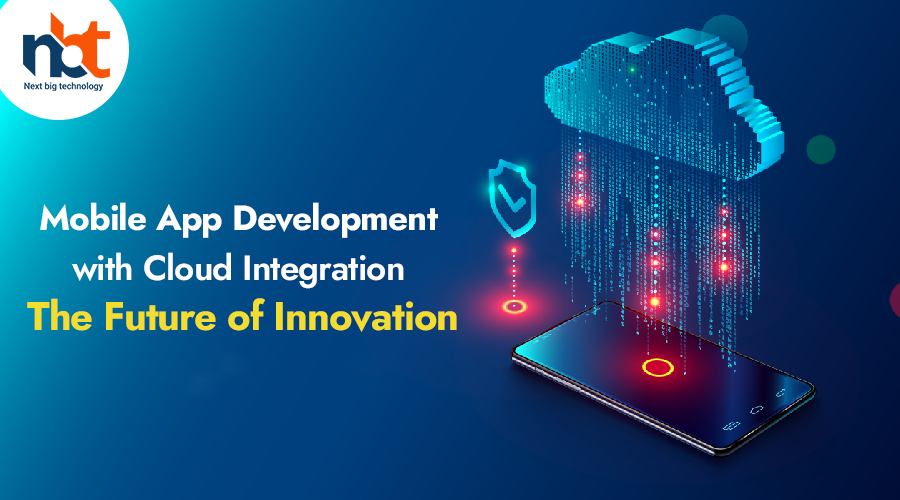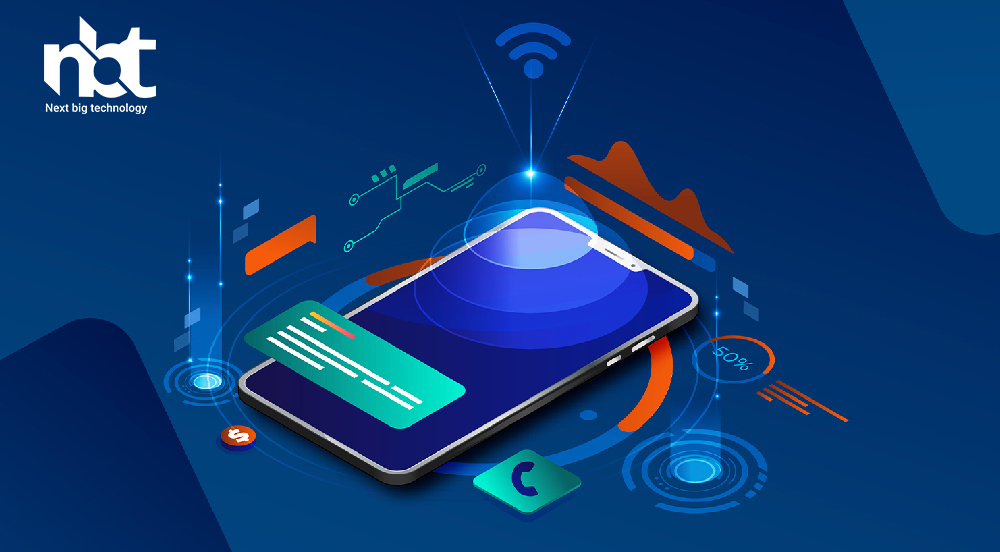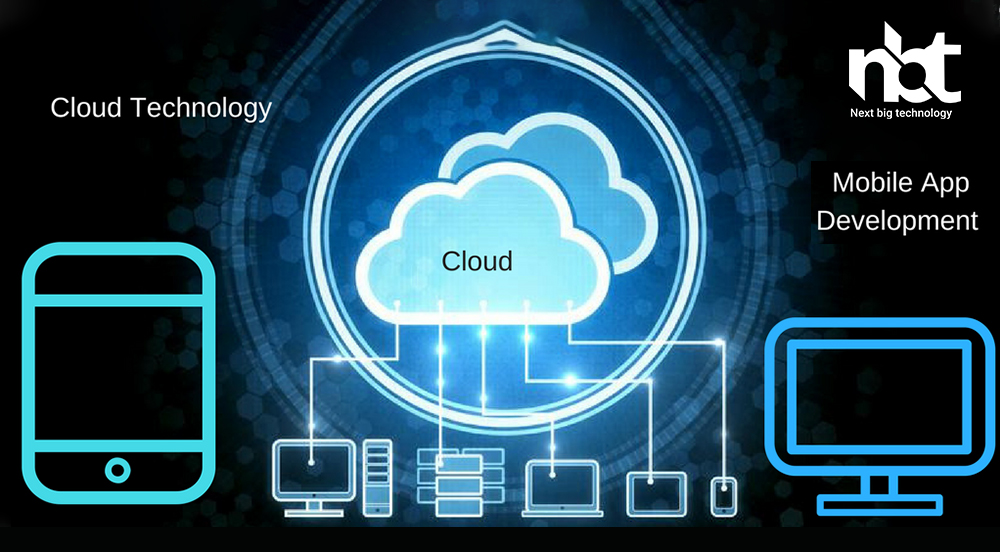In today’s fast-paced digital landscape, mobile applications have become an integral part of our lives. From ordering food to managing finances, we rely on mobile apps for nearly everything. However, what powers these apps behind the scenes is equally important – cloud integration. This article delves into the fascinating world of mobile app development with cloud integration, exploring its significance, benefits, challenges, and the potential it holds for the future.
Table of Contents
1. Introduction
The proliferation of smartphones and the growing demand for innovative mobile applications have reshaped the technology landscape. Mobile app developers face the challenge of not only creating feature-rich apps but also ensuring seamless performance, even with increasing user loads. This is where cloud integration steps in as a game-changer.
2. Understanding Cloud Integration
Cloud integration, in the context of mobile app development, refers to the practice of connecting a mobile application with cloud-based services and resources. These services can include databases, storage solutions, authentication systems, and more. By offloading certain functions to the cloud, mobile apps can deliver a better user experience.
3. Advantages of Cloud Integration in Mobile App Development
Scalability and Flexibility
One of the primary benefits of cloud integration is scalability. As user demands fluctuate, cloud resources can be easily scaled up or down to accommodate the traffic, ensuring a consistent user experience.
Cost-Efficiency
Cloud integration can significantly reduce infrastructure costs. Developers can access and pay for cloud services on a pay-as-you-go basis, eliminating the need for substantial upfront investments in hardware.
Enhanced Security
Many cloud providers offer robust security measures, including encryption and access control. This can help protect sensitive user data and build trust among app users.
4. Challenges in Cloud-Integrated Mobile App Development
Data Privacy and Compliance
When integrating with the cloud, developers must navigate data privacy regulations, such as GDPR or HIPAA, to ensure that user data is handled in a compliant manner.
Latency Issues
While cloud integration offers numerous benefits, it can introduce latency due to data transmission between the app and the cloud. Developers must optimize for performance.
Integration Complexity
Integrating a mobile app with cloud services can be complex, requiring careful planning and development to ensure seamless communication.
5. Choosing the Right Cloud Service Provider
Selecting the appropriate cloud service provider is crucial. Major players like AWS, Azure, and Google Cloud offer a wide range of services tailored to various app development needs.
6. Best Practices for Mobile App Development with Cloud Integration
API-First Approach
Adopting an API-first approach allows developers to design the app’s backend around APIs, making it easier to integrate with cloud services.
Microservices Architecture
Breaking down the app into microservices can enhance flexibility and scalability, enabling individual components to be hosted in the cloud.
Continuous Integration and Deployment (CI/CD)
Implementing CI/CD pipelines streamlines development and updates, ensuring quick delivery of new features and bug fixes.
7. Real-World Examples
Several successful apps have harnessed the power of cloud integration. Examples include Dropbox, which relies on cloud storage, and Uber, which depends on cloud-based geolocation services.
8. The Future of Mobile App Development with Cloud Integration
The future of mobile app development is intertwined with cloud integration. As technologies like 5G and edge computing evolve, apps will become even more reliant on the cloud for real-time processing and data storage.
9. Conclusion
In conclusion, mobile app development with cloud integration is not just a trend but a necessity in today’s tech-driven world. It offers scalability, cost-efficiency, and enhanced security while presenting its own set of challenges. By adopting best practices and choosing the right cloud service provider, businesses can create innovative and future-proof mobile apps.
FAQs
1. What is cloud integration in mobile app development?
Cloud integration in mobile app development refers to the practice of connecting a mobile application with cloud-based services and resources to enhance scalability, cost-efficiency, and security.
2. Why is cloud integration important for mobile apps?
Cloud integration is essential for mobile apps as it enables seamless performance, scalability, and cost savings by offloading certain functions to the cloud.
3. Which cloud service providers are commonly used for mobile app development?
Popular cloud service providers for mobile app development include AWS, Azure, and Google Cloud, each offering a wide range of services.
4. What are the security concerns related to cloud-integrated apps?
Security concerns include data privacy compliance, encryption, and access control to protect user data stored in the cloud.
5. How can businesses leverage cloud-integrated apps to stay competitive?
Businesses can leverage cloud-integrated apps to stay competitive by delivering better user experiences, reducing infrastructure costs, and rapidly deploying updates and new features.
Thanks for reading our post “Mobile App Development with Cloud Integration: The Future of Innovation”. Please connect with us to know more about Mobile App Development Framework.














